The practice has no health benefits for girls and women.
FGM can cause severe bleeding and problems urinating, and later cysts, infections, as well as complications in childbirth and increased risk of newborn deaths.
More than 200 million girls and women alive today have been cut in 30 countries in Africa, the Middle East and Asia where FGM is concentrated.
FGM is mostly carried out on young girls between infancy and age 15.
FGM is a violation of the human rights of girls and women.
The practice is mostly carried out by traditional circumcisers, who often play other central roles in communities, such as attending childbirths.
FGM is recognised internationally as a violation of the human rights of girls and women.
It reflects deep-rooted inequality between the sexes, and constitutes an extreme form of discrimination against women.
It is nearly always carried out on minors and is a violation of the rights of children.
The practice also violates a person's rights to health, security and physical integrity, the right to be free from torture and cruel, inhuman or degrading treatment, and the right to life when the procedure results in death.
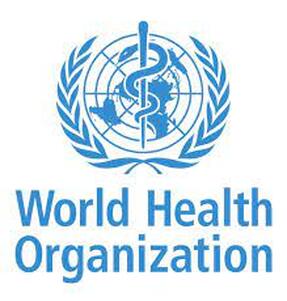
World Health Organization's goal is to ensure that a billion more people have universal health coverage, to protect a billion more people from health emergencies, and provide a further billion people with better health and well-being.
For universal health coverage, the World Health Organization focus on primary health care to improve access to quality essential services, work towards sustainable financing and financial protection, improve access to essential medicines and health products, train the health workforce and advise on labour policies, support people's participation in national health policies
improve monitoring, data and information.
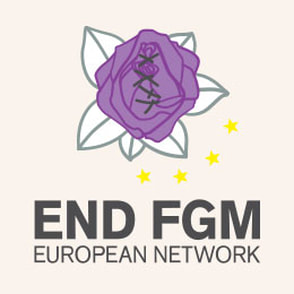
The End FGM European Network strives to build bridges and cooperation's with all relevant actors in the field of FGM both in Europe and globally.
Platforming community voices to influence European governments and policy makers to work towards the elimination of FGM.
End FGM EU operates as a meeting ground for communities, NGOs, CSOs and EU level stakeholders to engage, interact and cooperate with one another by sharing experiences and exchanging knowledge.
Through these exchanges, the Network pinpoints key areas in need of attention and address that can further develop the efforts to end FGM whilst securing opportunities for members' to best support them in their work.
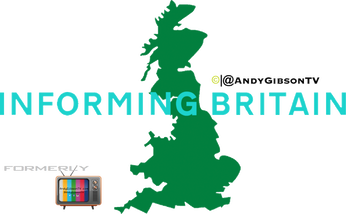
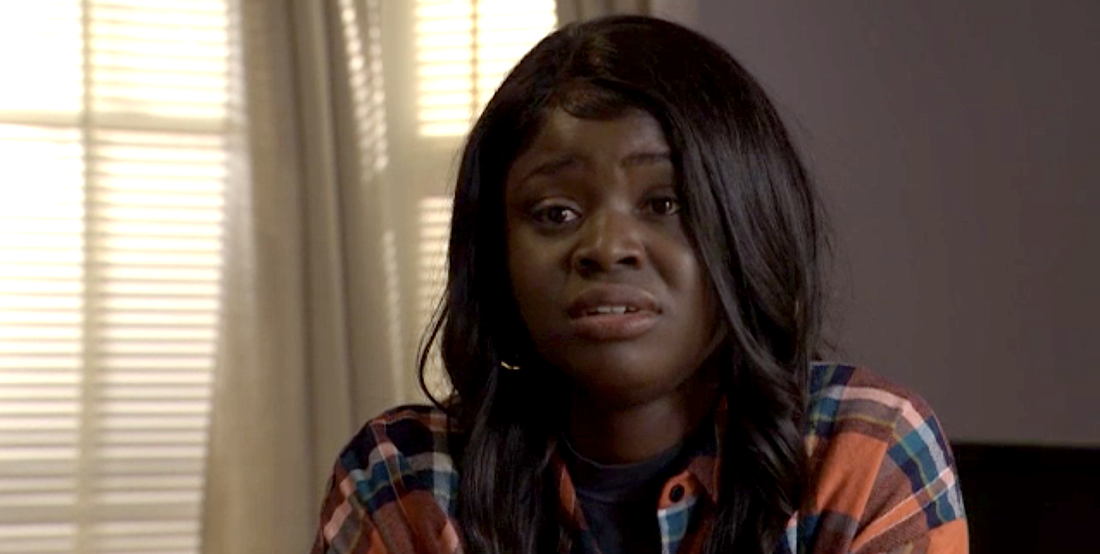
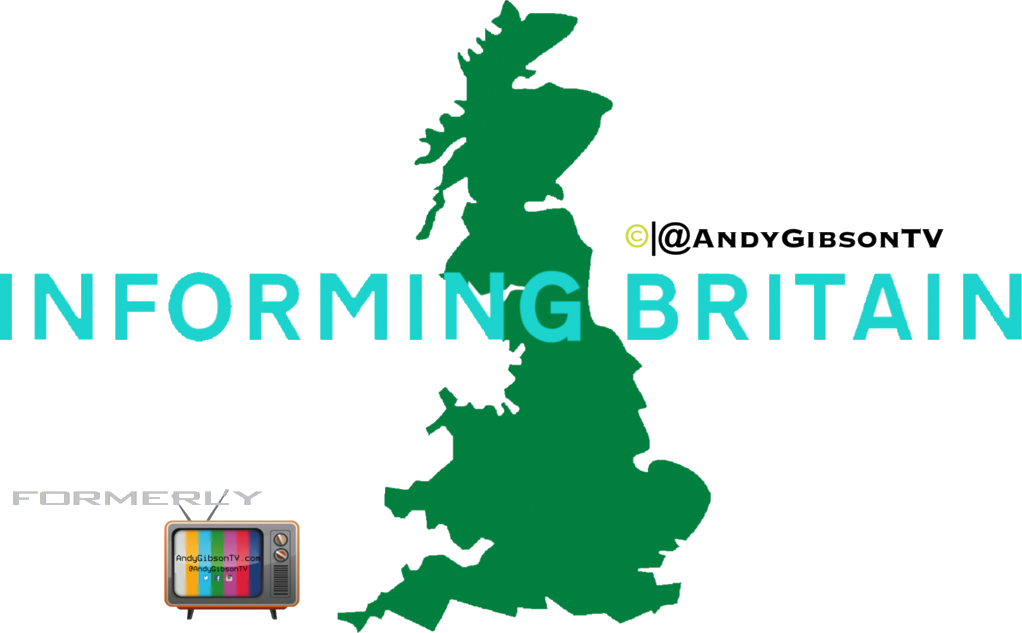
 RSS Feed
RSS Feed
